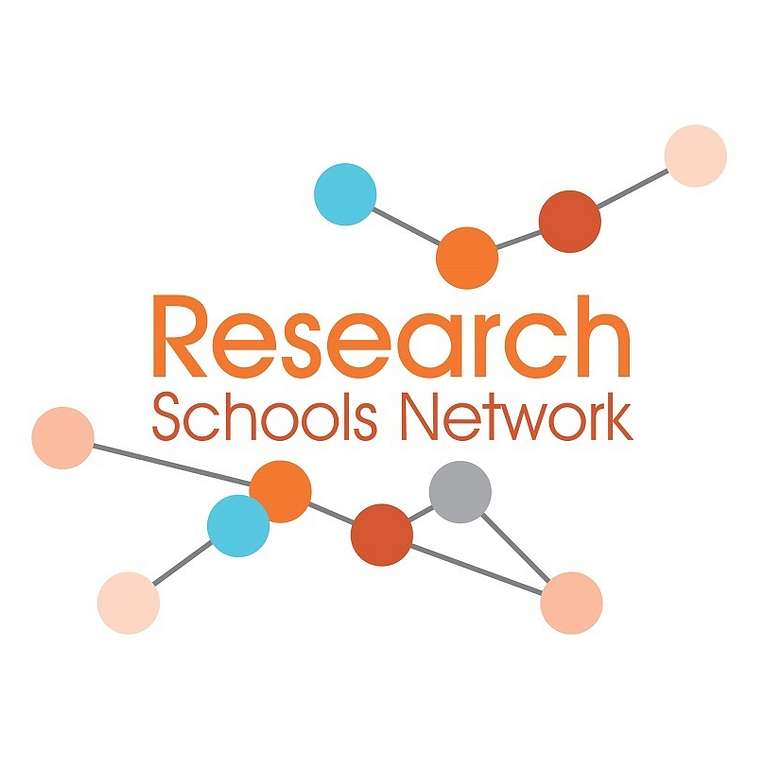For the last few months, The Greetland Academy has been a quieter place than usual. The lively din of the playground and the buzz of the classroom have been muted by partial school closures. As the new academic year approaches, staff at Greetland are excited to hear the voices of all of our pupils once more.
As teachers return in September, we have carefully planned our initial weeks bursting full of the rich language of poetry. Why poetry? We want to hear the voices of our pupils loud and clear once more – ensuring every child recognises the importance of what they have to tell us. With a carefully selected array of poetry (paying attention to supporting teachers’ subject knowledge of apt poems), we will read, listen and write poems.
We are excited about the opportunities our poetry planning offers. Pupils, teachers – and even parents – will all get a chance to be a poet. Our very own printed publication awaits!
When assessment is sensitively matched to the curriculum content, we ensure that assessment is truly diagnostic and useful.
But what about assessment?
Understandably, a lot of attention has been given over to how pupils return to school routines, but also how we will assess them upon their return. School leadership and teachers move to consider concerns about lost learning. At Greetland, we want to combine the promise of our curriculum offer – poetry and much more – with sensitive attention to assessing our pupils’ individual needs on their return.
For our cohort, we know that speech, language and communication prove a significant barrier. A focus on reading and writing – utilising poetry and more – is central to our work (we are a national English Hub). For our pupils in the Early Years Foundation Stage, we use the WellComm baseline assessment to screen for any initial language issues (most of our Year 1 pupils have missed significant school time, so we will use this screening assessment for many of them too).
We will also balance this standardised assessment tool with diagnostic assessments rooted in their classroom. For example, whilst pupils write their poems, we may identify that their handwriting could be proving an issue, labelled as ‘transcription’ in the ‘Simple View of Writing’ (see p. 19 of the ‘Improving Literacy in Secondary School’ guidance report). Teachers, with training, will use the ‘Simple View of Reading’ quadrant and the ‘Simple View of Writing’ equivalent to help identify tricky areas on pupils return.
Another diagnostic assessment we have identified as meaningful and manageable for teachers at Greetland is to focus on the self-regulation of our pupils. As such, we have identified diagnostic assessments like this ‘Independent behaviours: teacher assessment’ tool. Alongside this, we have utilised Perkin’s ‘Four Levels of Metacognitive Learner’. For us, self-regulation attends their emotions but also their academic learning. So, teachers can undertake structured conversations as their pupil is composing a new poem. In doing so, there is a meaningful assessment as part of effective teaching practice.

When assessment is sensitively matched to the curriculum content, we ensure that assessment is truly diagnostic and useful. Good assessment should help us ask ‘so what?’ what are our curriculum and teaching next steps
Read Professor Rob Coe’s essential blogs on effective assessment here:

Blog
EEF Blog: Assessing learning in the new academic year (Part 1 of 2) – three key questions for school leaders to consider


Blog
EEF Blog: Assessing learning in the new academic year (Part 2 of 2) – how school leaders can best support pupils to regain lost learning

Meaningful assessment for teachers and pupils
Given the missed curriculum time, we recognise that many of our pupils will quickly move in their assessments. Their handwriting may speed up with some practice upon returning to school, or their reading comprehension may have slowed a little. We recognise then that our assessments will be tentative, provisional and explorative.
At Greetland, we want our staff to notice the subtle patterns of learning that assessment unveils. This is not a shallow reporting exercise for senior staff or parents that doesn’t improve learning. Clearly, trust and support for teachers in getting to know pupils in this new school year is no doubt essential – assessment is a key part of that effort. Strong leadership is therefore key in mandating meaningful and manageable assessment.
High quality diagnostic assessment doesn’t just appear in a pack from an exam board – it is borne of the expertise of the classroom teacher.
A strong signal of how school leadership at Greetland prioritised the literacy of our pupils, but also the professional judgement of our teachers, was the concerted focus on offering training. High quality diagnostic assessment doesn’t just appear in a pack from an exam board – it is borne of the expertise of the classroom teacher. During the partial school closures, we ensured that teachers had time and training.
On our Teams platform, we shared training on diagnostic assessment – for both literacy and self-regulation. Staff could access the training (recorded for posterity), along with related resources and teaching ideas. We return to our ‘so what?’ If teachers are not offered training to assess effectively, then we will be bound to a model of assessment that proves onerous and isn’t very useful.
Conversations between our year group staff have already exhibited a palpable excitement for the new year ahead. The power of poetry will be matched by purposeful assessment
